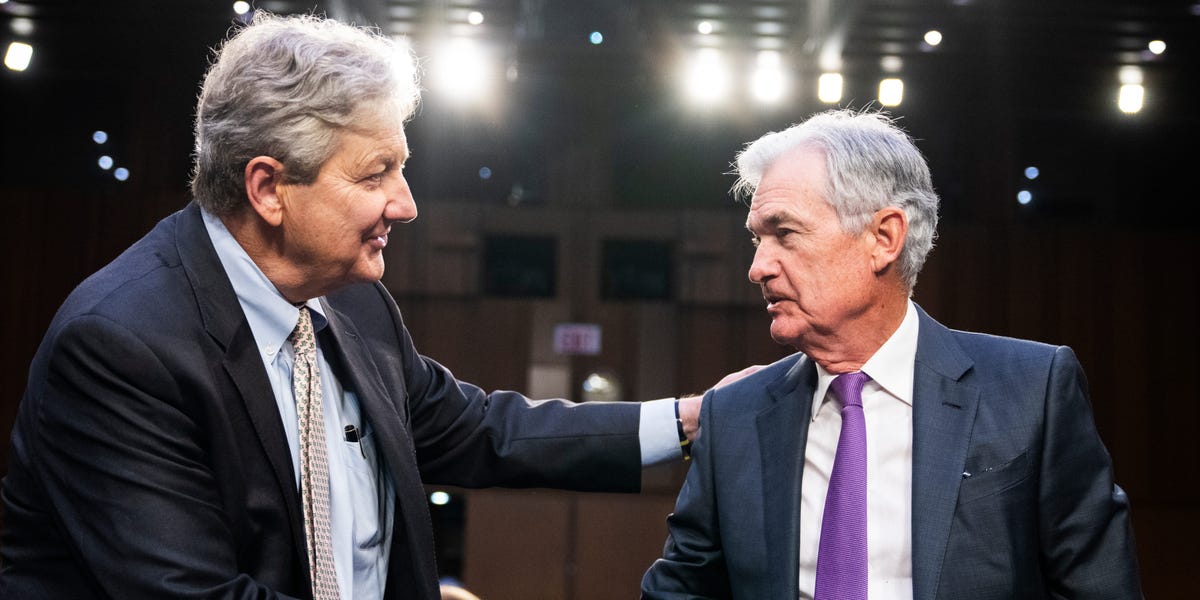Powell's Defiance: GOP Senator Backs Fed Chair's Backbone Amid Trump Showdown

In a candid interview on NBC's "Meet the Press," Senator John Kennedy of Louisiana weighed in on the ongoing tension between former President Donald Trump and Federal Reserve Chair Jerome Powell. The senator firmly believes that Trump lacks the ability to remove Powell from his leadership position at the central bank.
Kennedy's comments come amid speculation about potential political interference with the Federal Reserve's independence. Despite Trump's well-documented criticism of Powell during his presidency, the senator suggests that such attempts to oust the Fed chair would be futile.
The Louisiana Republican's statement underscores the importance of maintaining the Federal Reserve's autonomy, highlighting the institutional barriers that protect the central bank's leadership from direct political manipulation. Kennedy's remarks provide a measured perspective on the complex relationship between political leadership and monetary policy.
